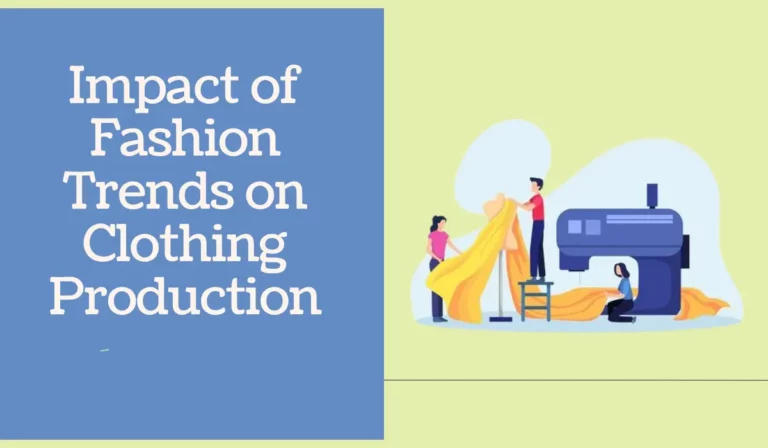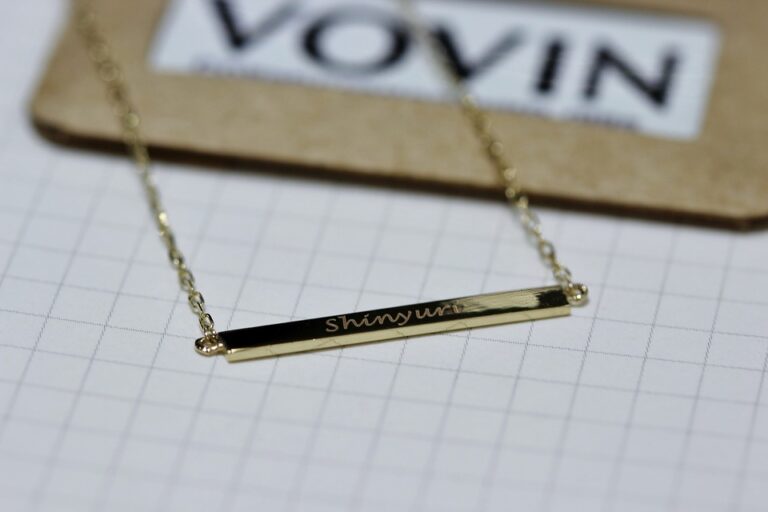What questions should you ask a clothing Supplier? Top 10 Important Questions

What Questions Should You Ask a Clothing Supplier? Top 10 Important Questions
In the competitive world of fashion retail, selecting the right clothing supplier is crucial for your business’s success. Whether you’re launching a new fashion brand or expanding your existing line, ensuring that your supplier aligns with your standards, goals, and vision is vital. This comprehensive guide will help you navigate the intricate landscape of supplier selection by highlighting the top 10 essential questions to ask when evaluating potential clothing suppliers.
Why Choosing the Right Clothing Supplier Matters
Before diving into the questions, it’s important to understand why choosing the right clothing supplier is critical. A reliable supplier ensures quality production, timely delivery, and adherence to your brand’s ethical standards. This not only influences your clothing line’s success but also impacts your brand’s reputation and customer satisfaction.
1. What is Your Minimum Order Quantity (MOQ)?
Understanding MOQ
One of the foremost questions to ask a clothing supplier is about their Minimum Order Quantity (MOQ). This is the smallest number of items you can order from them, which can significantly impact your budget and inventory management.
Why MOQ Matters
Understanding the MOQ helps you assess whether the supplier can accommodate smaller production runs, especially if you’re a start-up. A lower MOQ provides flexibility and reduces the financial risk of unsold inventory.
2. What Are Your Production Capabilities?
Assessing Production Capacity
Determine the supplier’s production capabilities, including the volume they can produce and the types of garments they specialize in. Are they equipped to handle the scale of your orders consistently?
Importance in Scaling Your Operation
This knowledge allows you to plan for growth and ensure the supplier can meet increased demand without compromising quality.
3. Can You Provide Samples?
Importance of Sample Evaluation
Request samples to evaluate the quality of the supplier’s work. Samples offer insights into fabric quality, stitching, and finishing that might not be evident from photos or descriptions.
Sample Policy and Costs
Inquire about the supplier’s sample policy, including costs and lead times. This will help you plan budgets and timelines effectively.
4. What Are Your Lead Times?
Understanding Production Timelines
Lead times refer to the time it takes from placing an order to its delivery. Knowing this helps you plan your sales strategies, marketing campaigns, and seasonal launches efficiently.
Importance of Reliable Lead Times
A supplier with consistent lead times enables you to maintain inventory levels and fulfill customer orders promptly, which is crucial for keeping your clients satisfied.
5. What Are Your Payment Terms?
Clarifying Payment Structures
Ask about payment terms, including deposit requirements, payment methods, and timelines. Are payments based on milestones or upon delivery?
Negotiating Favorable Terms
Understanding and negotiating payment terms can improve cash flow management and minimize financial risks associated with large orders.
6. How Do You Ensure Quality Control?
Importance of Quality Assurance
High-quality products are vital for customer retention and brand reputation. A reliable supplier should have robust quality control measures in place to mitigate defects and ensure consistency.
Questions on Quality Control Processes
Inquire about their quality control processes and whether they have certifications, like ISO standards, which assure adherence to industry norms.
7. Do You Have Experience with Sustainable Practices?
Emphasizing Eco-friendly Production
Sustainability is increasingly important to consumers. Understanding a supplier’s commitment to ethical and sustainable practices not only aligns with modern consumer demands but also bolsters your brand image.
Inquiring About Environmental Practices
Ask about their use of organic materials, waste management strategies, and labor conditions to ensure your values align.
8. What Are Your Shipping and Delivery Options?
Evaluating Logistics
Effective logistics are crucial for timely delivery and reducing operational costs. Understand the different shipping options available and the associated costs.
Impact on Customer Satisfaction
Reliable shipping options enhance customer satisfaction by minimizing delivery times and ensuring product safety during transit.
9. Can You Handle Custom Designs?
Customization Capabilities
If your brand focuses on unique, personalized products, ensuring your supplier can accommodate custom designs is vital.
Discussing Customization Flexibility
Explore their capabilities regarding custom patterns, embroidery, labeling, and packaging options to maintain brand integrity.
10. Can You Provide Client References or Case Studies?
Importance of Client Testimonials
Client references provide insights into the supplier’s reliability, ethical practices, and quality standards. They serve as validation of the supplier’s claims.
Steps to Vet Suppliers
Contact past clients to gather unbiased feedback and ensure the supplier aligns with your expectations and standards.
Final Thoughts on Choosing a Clothing Supplier
Selecting the right clothing supplier requires diligent research and communication. By considering these critical questions, you can establish a solid partnership that supports your vision, aligns with your values, and propels your fashion brand towards success.
Additional Tips for Working with Clothing Suppliers
- Visit the Supplier: If possible, visit the supplier’s facility to physically assess their capabilities and working conditions.
- Build a Strong Relationship: Foster a collaborative relationship with your supplier through clear communication and mutual respect.
- Monitor and Adjust: Continuously monitor supplier performance and be ready to adjust terms or look for new partners if necessary.
By following this guide, you’ll be equipped with the tools and knowledge needed to make informed decisions in choosing a clothing supplier that suits your business goals, ensuring a thriving fashion brand in today’s competitive market.






